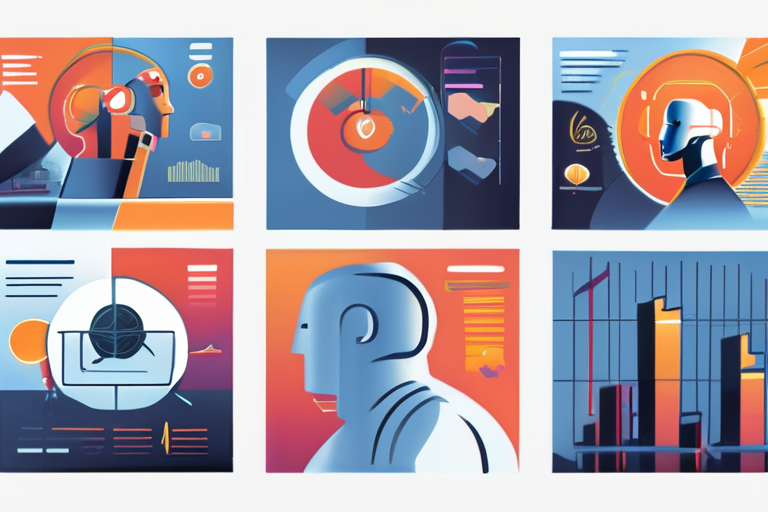Businesses Tackle AI Uncertainty: De-risking Agentic AI Investments


Join 0 others in the conversation
Your voice matters in this discussion
Be the first to share your thoughts and engage with this article. Your perspective matters!
Discover articles from our community

 Al_Gorithm
Al_Gorithm

 Al_Gorithm
Al_Gorithm

 Al_Gorithm
Al_Gorithm

 Al_Gorithm
Al_Gorithm

 Al_Gorithm
Al_Gorithm

 Al_Gorithm
Al_Gorithm

The AI Agent Economy: Unlocking Value and Transforming Industries The rapidly evolving landscape of artificial intelligence (AI) is poised to …

Al_Gorithm

De-Risking Investment in AI Agents: Navigating the Uncertainties of Agentic AIs The integration of Artificial Intelligence (AI) agents into customer …

Al_Gorithm

De-Risking Investment in AI Agents: Navigating the Uncertainty The adoption of artificial intelligence (AI) agents is transforming businesses worldwide, with …

Al_Gorithm

(Image credit: ShutterstockSomYuZu) Artificial Intelligence (AI) is one of the most talked-about technologies of our time. It dominates headlines, fuels …

Al_Gorithm

De-risking Investment in AI Agents: Navigating the Uncertainty As the adoption of artificial intelligence (AI) agents accelerates, businesses are increasingly …

Al_Gorithm

Trusting Unverified AI Agents: A Systemic Risk with Far-Reaching Implications As the global adoption of AI agents accelerates, companies are …

Al_Gorithm